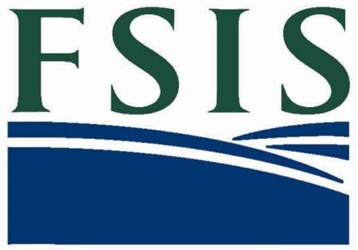FSIS Seeks Public Comments For Expanded E. Coli Testing
By Melissa Lind, contributing writer

The U.S. Department of Agriculture’s Food Safety and Inspection Service is seeking public comments for a cost and benefits analysis of proposed expansion of E. coli testing in ground beef. Industry members have until January 20, 2015 to submit comments.
In 2011, the U.S. Department of Agriculture (USDA) announced its initial intention to expand testing of ground beef. More recently, the agency published availability of an updated cost-benefit analysis of the proposed program. The November 14 announcement of availability of the analysis included comments from the initial 2011 proposal and the USDA’s response to those comments.
Meat industry participant’s comments following the 2011 proposal largely centered around concerns that the agency had underestimated the financial burdens placed on beef harvesting operations. In the recent announcement, the USDA’s Food Safety and Inspection Service (FSIS) has countered, saying the analysis has been updated to include initiatives implemented since the intent to expand was announced in 2011.
Activities conducted by FSIS — used to update the expected results of program expansion — included results from a verification, sampling, and testing program implemented in 2012 for six no-O157 Shiga toxin E. coli strains (STEC) in raw beef trimmings. This came from results of a 2013 survey of FSIS inspectors in beef slaughtering and processing facilities. The survey indicated that nearly 30 percent of the beef establishments had updated Hazard Analysis and Critical Control Points (HACCP) plans for raw beef products based on non-O157 STEC policy implementation in 2012, also finding that those facilities took more than one action with positive screens. The new analysis shows that the total cost of the program expansion will be $2.37 million, of which 0.99 million is industry cost. The remaining cost will be carried by FSIS.
FSIS indicates that benefits will result from a reduction in illness and death, outbreak-related recalls, and improved business practices. Increase in consumer safety and confidence, along with direct cost reduction, will benefit both government and industry participants. Despite quantifiable expectations of increased cost, FSIS has allowed that actual benefit accrual could not be quantified.
FSIS has stated it plans to move forward regarding the establishment of regulations, but comments will be considered in actual plans which will be submitted to the Office of Management and Budget (OMB) for review. Agency representatives indicate that a timeline for implementation has not been established. The 2013 survey instrument, cost-benefit analysis, and related report can be found on the FSIS website. Interested parties have until January 20, 2015 to submit comments.
